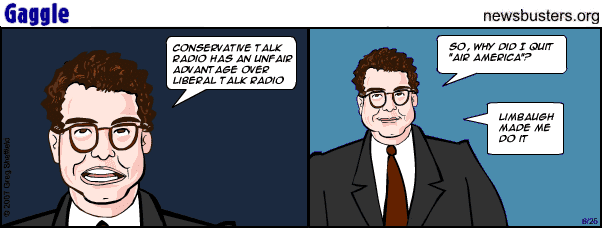red states rule
Senior Member
- May 30, 2006
- 16,011
- 573
- 48
Sen Feinstrin wants to bring back the Fairness Doctrine. It seems Dems are getting upset liberals cannot compete with conservatives on talk radio - and only the government can compensate the "unfairness"
watch the video at:
http://www.breitbart.tv/html/2133.html
watch the video at:
http://www.breitbart.tv/html/2133.html
